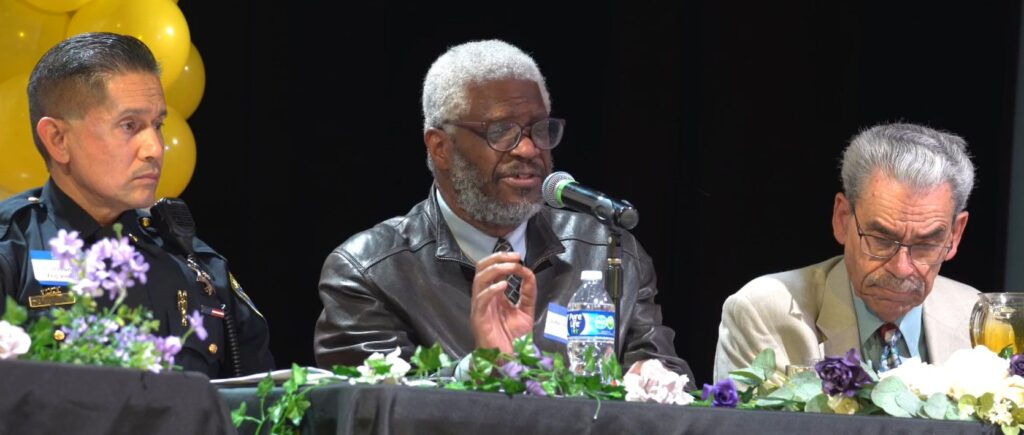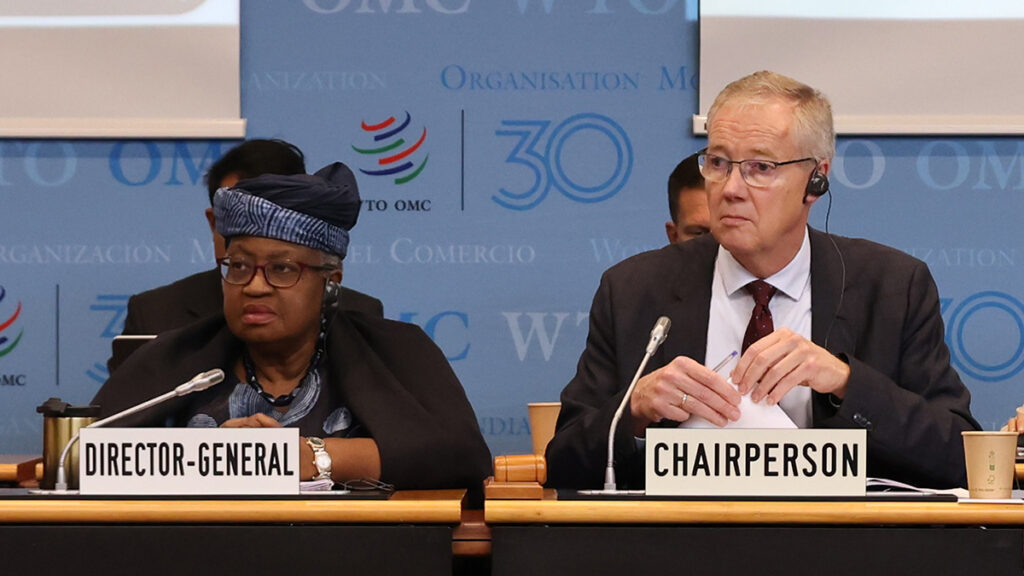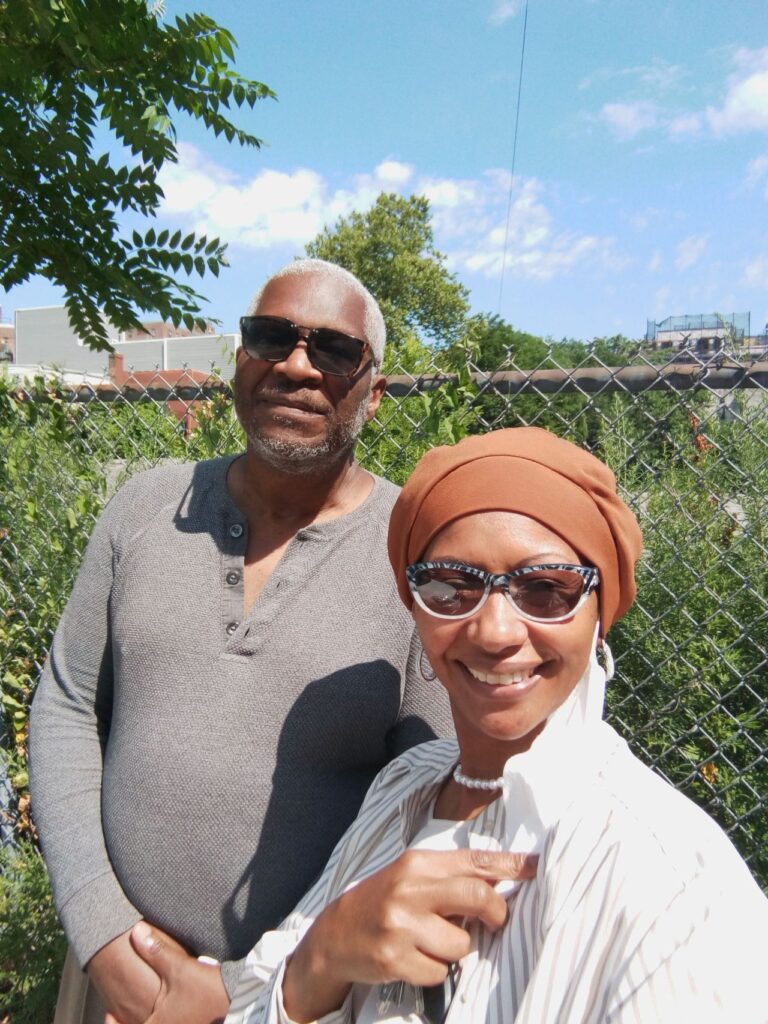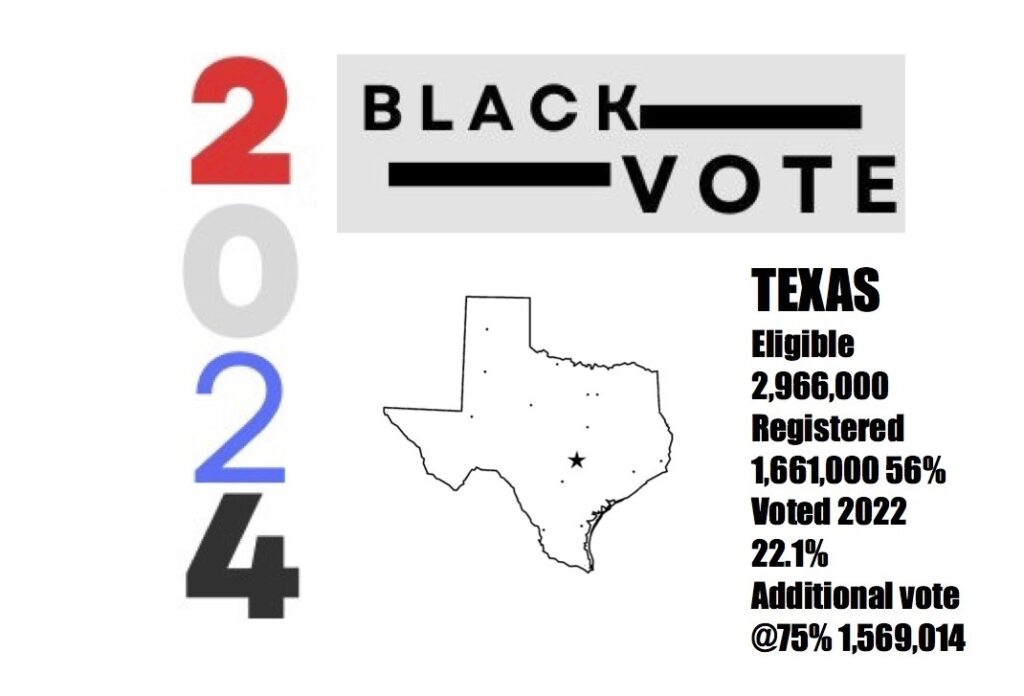
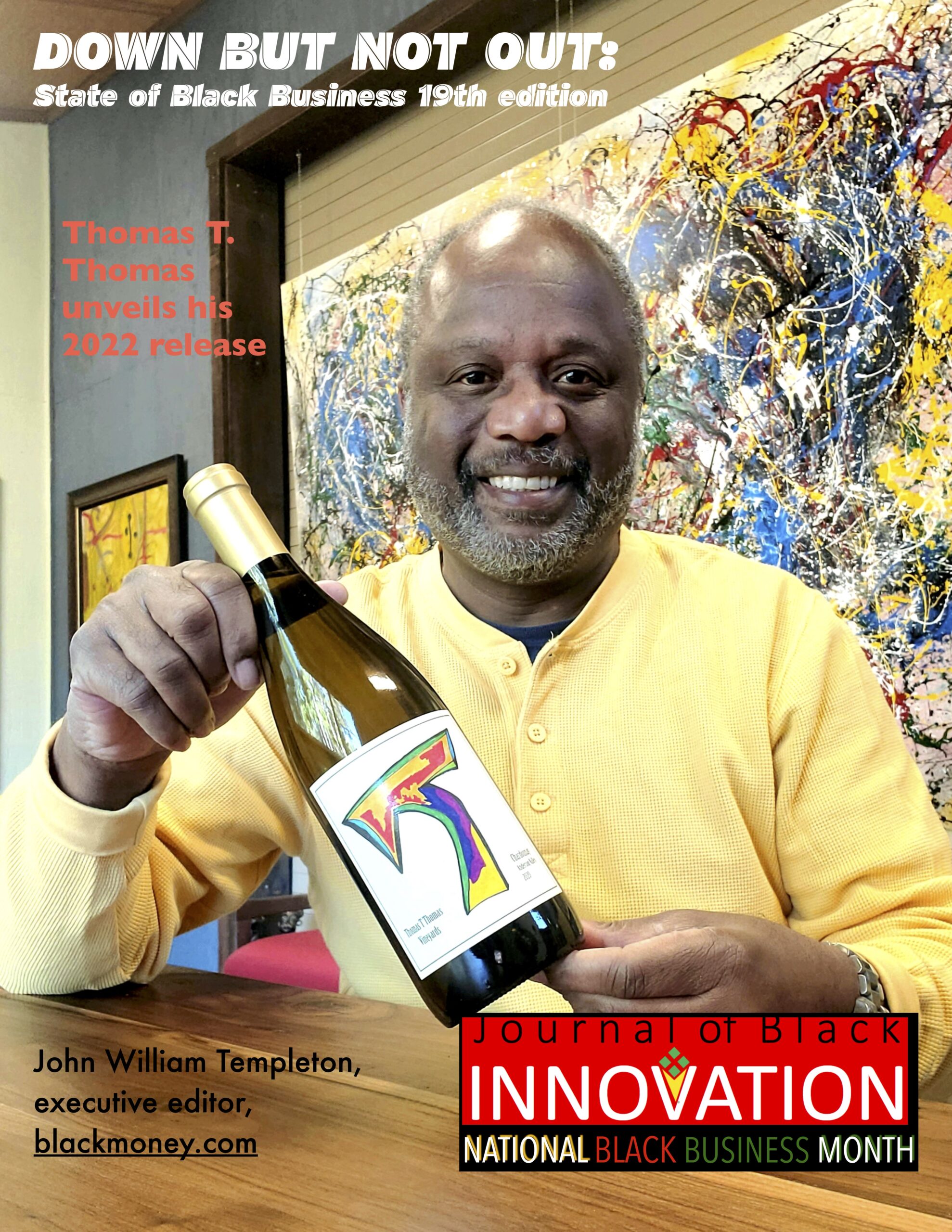
31 Ways 31 Days Alabama
2024 ENTREPRENEURS & INNOVATORS CONFERENCE
SPEAKER TOPICS & PANELS
COMMUNITY SESSIONS (THURSDAY MORNING):
9A – CHEF GW CHEW, “Soul Food: A Curse or a Blessing?”
9:35A – DR PATRICK MURPHY, “The Power of Indirect Network Connections”
10:10 A – James Harris, Carver Jones Grocery Stores- “Entrepreneurial Challenge to Food Insecurity in Our Community”
10:50 A – DR. PHILIP APPEL, “Community Engagement for Startups”
BUSINESS SESSIONS: (THURSDAY & FRIDAY)
1.MONEY PANEL (Valley Bank, South State Bank, Hope CU)
2. ALABAMA POWER PANEL
3. “FROM PROSPECT TO PROFIT: LEAD GENERATION101” – MARIA LOLYD, 24 TALENT LLC
4. “TECHNOLOGY COMMERCIALIZATION ACADEMY” – DR. PHILIP APPEL (FRI)
5. “STEP-BY-STEP GUIDE TO BECOMING A PROFESSIONAL SPEAKER”- ERIKA McCARTHY, MY SPEAKERS BOUTIQUE
6.” WRITE & PUBLISH THE BOOK THAT BUILDS THE BRAND!” – DR. JULIA ROYSTON
7.” BEHIND the NUMBERS: THE POWER OF FINANCIAL STATEMENTS” – CEDRIC TORBERT, TORBERT FINANCIAL
8. “OPPS! THERE GOES MY TRADEMARK” – ATTY NEENA SPEER
9. “DISRUPTING THE SALES MODEL USING CUSTOMER SERVICE” – DR. ALICE HOLLOWAY, SKYE CONNECT LLC
10. “CYBER SECURITY CHALLENGES TO YOUR BUSINESS SUCCESS” – JARTHUR GRUBBS, CYBRITECT LLC
11. “WHAT CAN CERTIFICATIONS DO FOR YOUR BUSINESS” – DR. FELECIA THOMAS
12. “CREATING A SOUND MARKETING APPROACH” – LARKIN JONES
13. NONPROFIT FUNDRAISING – FELICIA FOYE
14. “EARLY STAGE BUSINESS DEVELOPMENT “– DR. PHILIP APPEL
CONFERENCE AGENDA
“MAKE YOUR CONTACTS COUNT”
DAY 1, JUNE 20
8:45 AM WELCOME & ANNOUNCEMENTS
9:00 AM – 11:30AM COMMUNITY SESSIONS
9A – CHEF GW CHEW, “Soul Food: A Curse or a Blessing?”
9:35A – DR. PHILIP APPEL, “Community Engagement for Startups”
10:10 A – James Harris, Carver Jones Grocery Stores- “Entrepreneurial Challenge to Food Insecurity in Our Community”
10:50 A – DR PATRICK MURPHY, “The Power of Indirect Network Connections”
11:30AM- 1:00PM NETWORK POWER LUNCHEON GUEST SPEAKER – ReSHONDA YOUNG, FOUNDER BANK OF JABEZ
1:10PM – 4:25PM E&I SESSIONS
1:10PM – 2:10PM DUAL SESSIONS
2:15PM – 3:15PM DUAL SESSIONS
3:20PM -4:25PM DUAL SESSIONS
5:00PM CONFERENCE DAY ONE ENDS
7:00PM CONFERENCE AFTERHOURS – UPTOWN LOUNGE
DAY TWO JUNE 21
8:45AM AWARDS BREAKFAST
10:30AM – 3:30pm E&I SESSIONS BEGIN
10:35AM DUAL SESSIONS
11:40AM DUAL SESSIONS
12:45PM DUAL SESSIONS
1:50PM DUAL SESSIONS
3:30PM CONFERENCE ENDS
“We are said by some to be vicious and criminal, but our business…correct this impression with the sobriety and uprightness of their lives.. It is in business and industry that I see the brightest and most hopeful phases of the race situation today.”
Booker T. Washington, The Negro in Business, 1907
The Reid Brother’s 2,185 acre farm
Frank Reid, in The Story of a Farmer, describes the empire his brother Dow built in Macon County, AL:
We conduct a large general store, with everything carried in a country store of this kind. The colored Odd Fellows use the hall above our store for their meetings.
The Government post-office is located in our store, and here all of the surrounding community come for their mail.
Our store does a large yearly business averaging about $5,000.
We have a steam-gin and grist-mill. We gin about 500 bales of cotton a season for ourselves and others living near; of the 150 bales got from the land owned and rented by us, 100 are ours, the other 50 belong to our tenants.
We raise large quantities of corn, potatoes, and peas, in addition to our cotton crop.
We are now trying to purchase the 480 acres we have been so long renting.
The church and the schoolhouse are on four acres of land immediately adjoining ours. The church is roomy, well-seated, ceiled and painted, in striking contrast with most of those in the country districts of the South. The schoolhouse has two rooms, and is but partially ceiled, though it is nicely weather-boarded. The school is regularly conducted for five months each year, and part of the time has two teachers. Mr. J. C. Calloway, a Tuskegee graduate, Class of ’96, is principal of the school. We are cooperating with Mr. Calloway in an effort to supplement the school funds and secure an additional two months. We helped pay for the land, and gave a part of the money toward the schoolhouse, and have done all possible to help, keeping in mind Principal Washington’s oft-repeated statement that “it is upon the country public schools that the masses of the race are dependent for an education.”
My brother and I, with our father, it will be noted, own and rent 2,185 acres of land, but we try to help our tenants in every possible way, and, when they desire it, subrent to them such tracts as they desire for ten years, or less. We have established a blacksmith-shop on our land, and do all our own work and most of that of the whole community. Rev. Robert C. Bedford, secretary of the board of trustees, Tuskegee Institute, some time ago visited us, as he does most of the Tuskegee graduates and former students. He is apprised of the correctness of the statements set forth above. He wrote the following much-appreciated compliment to a friend regarding our homes and ourselves: “The homes of the Reid brothers are very nicely furnished throughout. Everything is well kept and very orderly. The bedspreads are strikingly white, and the rooms—though I called when not expected—were in the very best of order.”

